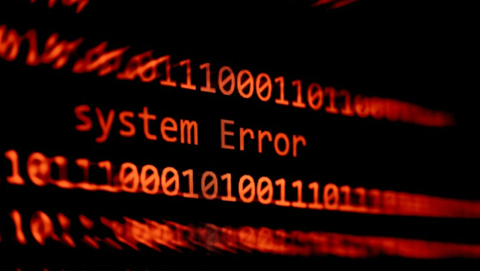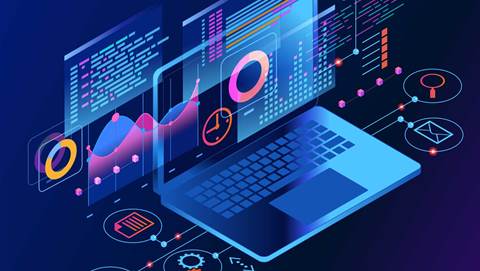Vietnamese researchers at Google DeepMind have created an artificial intelligence (AI) system that solves complex geometry problems at a level approaching human medalists in the International Mathematical Olympiads (IMO).
The AI system - AlphaGeometry, in a benchmarking test of 30 Olympiad geometry problems, has solved 25 out of 30 problems from the IMO held between 2000-2022.
The researchers, Trinh Hoang Trieu, Luong Minh Thang, and Le Viet Quoc, said their system could outperform a renowned 1970s system and even surpass the abilities of bronze medalists of the IMO 2000 and 2015.
With AI often struggling with a lack of reasoning skills and training data to solve geometry and mathematics problems, AlphaGeometry combines the predictive power of a neural language model with a rule-bound deduction engine to work in tandem to find solutions.
Akin to the idea of “thinking, fast and slow”, the research paper said one system provides fast, “intuitive” ideas, and the other, more deliberate, rational decision-making.
Because language models excel at identifying general patterns and relationships in data, they can quickly predict potentially useful constructs, but cannot often reason rigorously or explain their decisions.
Symbolic deduction engines, on the other hand, are based on formal logic and use clear rules to arrive at conclusions. They are rational and explainable, but they can be “slow” and inflexible - especially when dealing with large, complex problems on their own.
AlphaGeometry’s language model guides its symbolic deduction engine towards likely solutions to geometry problems.
Olympiad geometry problems are based on diagrams that need new geometric constructs to be added before they can be solved, such as points, lines or circles.
AlphaGeometry’s language model predicts which new constructs would be most useful to add, from an infinite number of possibilities. These clues help fill in the gaps and allow the symbolic engine to make further deductions about the diagram and close in on the solution.
Generating synthetic data examples
The researchers said, that by developing a method to generate a vast pool of synthetic training data - 100 million unique examples, we can train AlphaGeometry without any human demonstrations.
Geometry relies on understanding space, distance, shape, and relative positions, and is fundamental to art, architecture, engineering and many other fields.
The AI system's synthetic data generation approach could emulate this knowledge-building process at scale, allowing researchers to train it from scratch.
Using highly parallelised computing, the system started by generating one billion random diagrams of geometric objects and exhaustively derived all the relationships between the points and lines in each diagram.
AlphaGeometry found all the proofs contained in each diagram, then worked backwards to find out what additional constructs, if any, were needed to arrive at those proofs.
Researchers explained that a huge data pool was then filtered to exclude similar examples, resulting in a final training dataset of 100 million unique examples of varying difficulty, of which nine million featured added constructs.
"With so many examples of how these constructs led to proofs, AlphaGeometry’s language model can make good suggestions for new constructs when presented with Olympiad geometry problems."
As each Olympiad features six problems, only two of which are typically focused on geometry, AlphaGeometry can only be applied to one-third of the problems at a given Olympiad.
The team has claimed it to be the first AI model in the world capable of solving more problems than the bronze medalists of the IMO 2000 and 2015.
They have currently open-sourced the AlphaGeometry code and model with hopes that together with other tools and approaches in synthetic data generation and training will help open up new possibilities across mathematics, science, and AI.







.jpg&h=271&w=480&c=1&s=1)


